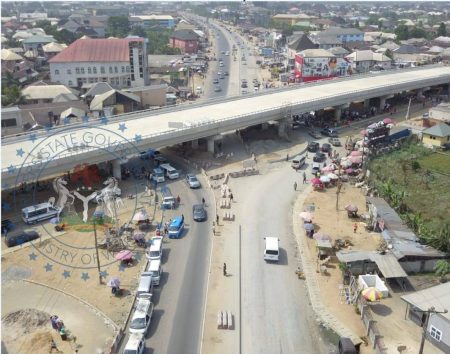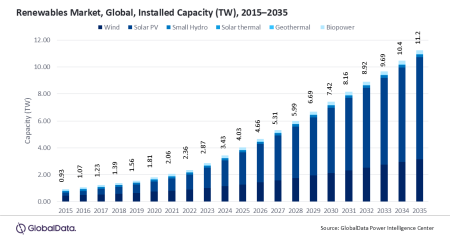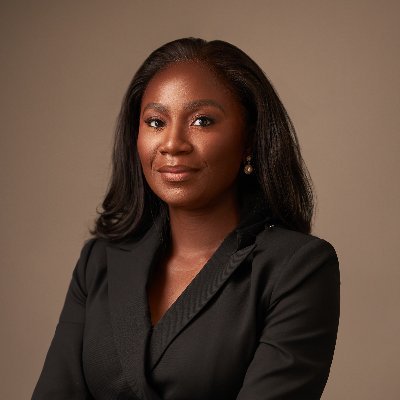
Oscarline Onwuemenyi,
with agency reports
25 August 2017, Sweetcrude, Abuja – The much talked about N701.9 billion Payment Assurance Fund (PAF) meant to provide more liquidity for Generation Companies (GenCos) to pay for gas and increase electricity supply, has not been released five months after it was announced.
The fund was approved by the Federal Executive Council on March 1 presided over by then Acting President, Prof. Yemi Osinbajo, as Power Assurance Guarantee in order improve the liquidity of the Nigerian Bulk Electricity Trading (NBET) and to enable it purchase bulk power for the power distribution companies.
The Minister of Power, Works and Housing, Mr. Babatunde Fashola, after the FEC meeting, said that the Central Bank of Nigeria (CBN) will provide the guarantee.
Fashola disclosed that the liquidity problems in the market had affected NBET’s ability to deliver on its Public Private Partnership obligations to the Gencos, noting that the government is making effort to stabilise the generation part of the power value chain.
This will, in turn, encourage profit oriented investors to invest in power generation in the country. He also noted that power generation had increased to 4,000 megawatts.
Fashola, while berating the 11 Distribution Companies (Discos) for their poor payment of energy bills at the 15th Power Sector Meeting in May 2017, said the fund saved the grid from crashing after the power generation companies (Gencos) couldn’t pay for gas to generate power.
Details available the media indicate that the fund from the Central Bank of Nigeria (CBN), announced in March by Fashola, is for the Nigerian Bulk Electricity Trading Plc (NBET) to bridge Gencos’ liquidity issues from January 2017 to 2019 to ensure more gas supply and increased power generation.
But a representative of the Gencos told our correspondent in an interview that, “The fact remains, if government wants the power sector to succeed, payments have to be made. If the Gencos don’t get enough fund to pay for gas, generation of electricity will crash.”
In a recent interview, the minister said the payment had commenced with visible improvement in power generation. “The payment has commenced and that is why you see we are around 4,000 MW now,” he had said.
Also, the Permanent Secretary for Power, Mr Louis Edozien, at the July sector meeting in Abuja confirmed the payments to Gencos for January and February while those for March and April were been processed, under the N701 billion funding arrangement.
Explaining the N701bn disbursement procedure to the Gencos, the spokesperson of NBET, Henrietta Ighomrore, said, “The payment assurance is to make up whatever the Discos pay monthly as their energy bill to the Gencos. That means we need application on a periodic basis for that.”
“We had met with the Gencos to explain what the fund is about. They are fully aware as we have made presentations to them,” Henrietta also said.
She confirmed the use of NBET capitalisation saying, “Rather than allowing gas constraints to continue, we had gone ahead to use some of our capitalisation with the understanding that it will flow back when the CBN fund comes.”
Investigations, however, have shown that NBET was yet to access any tranche of the fund from the CBN as at yesterday. Even the payments made for January and February to the Gencos were drawn from NBET’s capitalisation.
“They used their capitalisation to pay for January and February and they do not have enough to continue the payment without the N701bn fund being released,” a sector official privy to a meeting held by critical stakeholders and the then Acting President Yemi Osinbajo on July 28, over the fund delay, said.
The industry source said Mr Osinbajo at the meeting directed NBET to make payment for March and April to the Gencos within 14 days that elapsed on Friday, August 11.
Among the Conditions Precedent (CPs) for CBN to release the fund, NBET must present a sovereign guarantee from the Ministry of Finance, which the minister, Mrs Kemi Adeosun, promised at the meeting. It must also apply for the fund in tranches through the Debt Management Office (DMO). Both conditions as at the weekend were yet to be met completely.
At an NBET meeting on August 9, the CBN still requested for the Sovereign Guarantee from the finance ministry as part of the CPs.
“The minister said she has to admit some documentation from NBET to grant that, but as of last week, NBET didn’t get that done as the managing director, Marilyn was absent for about three days,” another industry expert revealed.
Another source said the delay in getting the instrument was because NBET had frustrated a move to constitute executive directors from the existing team to ensure seamless operation in the absence of the MD as was the procedure.
NBET had to complete Gencos invoices for the first two months because Fashola announced the fund over two months before CBN issued the Offer Letter.
An official said, “As we speak, CBN has not issued any fund yet. It is now that NBET is trying to meet the Conditions Precedent (CPs). NBET felt since the CBN has agreed to release the fund; it applied to the Presidency to grant the authority to use the capitalisation pending when CBN releases the fund.”
It was further gathered that sour relations between the leadership of NBET and key officials tied to the fund added to the delay. “Leadership of NBET has poor relationship with the finance ministry; it has antagonised so many in the power ministry and that has undermined the ability to operate in a team work,” an official said.
On its own part, the Association of Nigerian Electricity Distributors (ANED) had expressed some concern over the recently approved N701 billion intervention fund by the federal government for the power sector.
The ANED Executive Director, Research and Advocacy, Mr Sunday Oduntan, explained that the fund is only a partial solution to the power sector’s issues. He even added that the fund has the potential to worsen the sector’s liquidity and revenue shortfalls.
Oduntan acknowledged the benefits of the funds, saying that it will solve the N300 billion energy supply liabilities, rehabilitate and replace faulty or old turbines and pay for the supply of gas. However, he said that the fund is merely a partial solution to the liquidity challenges of the sector.
“As commendable as this intervention is, we believe it is a partial solution to the liquidity challenges of the sector, more so as it holds the potential for exacerbating the revenue shortfalls the market is currently suffering from.
“While an increase in electricity supply is the desired objective of everyone, such an increase without the requisite full recovery of cost via the appropriate pricing of power means a resultant worsening of the market revenue gap.”
He also stated that since the fund is not a subsidy but merely in form of a loan, then its weight will eventually fall on the shoulders of the DisCos customers, adding that in order to make such recovery additional power will have to be wheeled which the transmission network might not be capable of.



